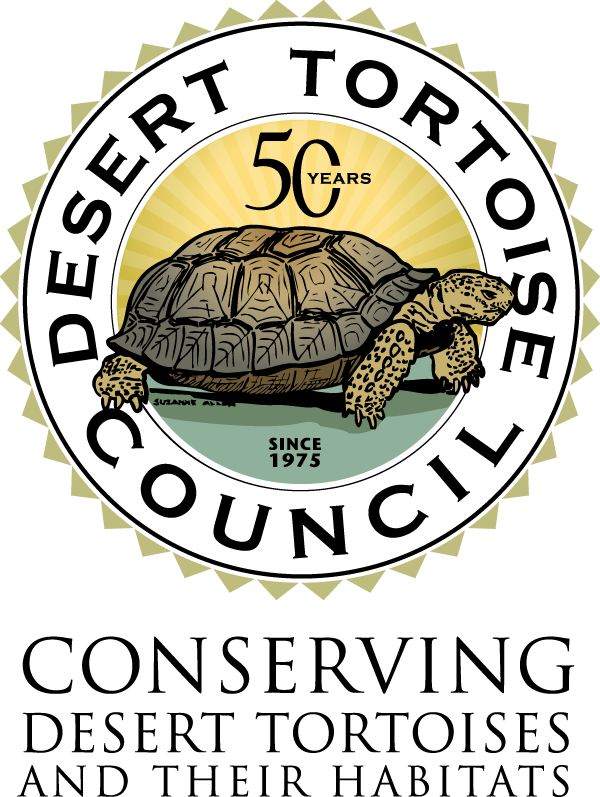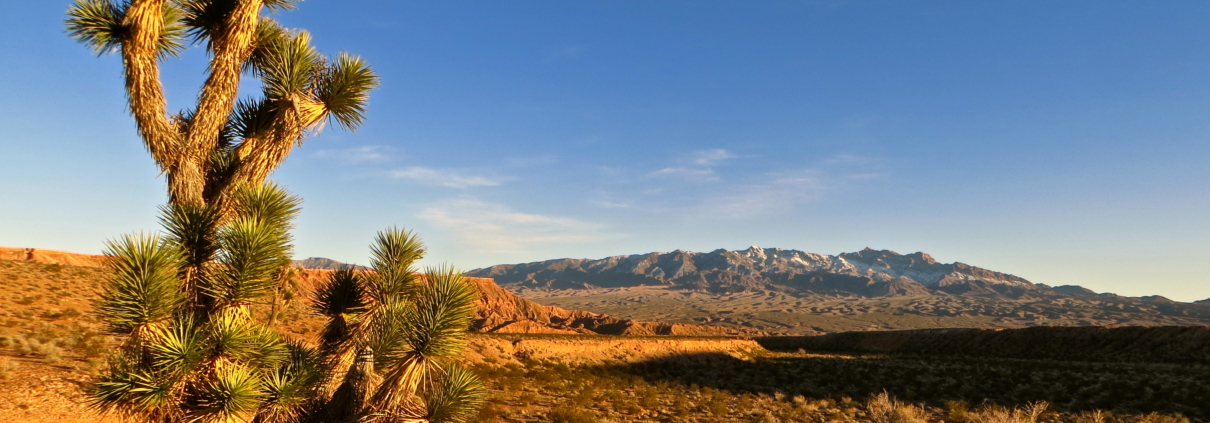49th Symposium Program & Abstracts
We have a comprehensive, exciting, and stimulating program composed of 49 presentations and posters for the 49th Desert Tortoise Council Symposium. Here are a few examples why you should join us for this very special event from February 21-23, 2024. We have a plenary speaker, Dr. Katherine Richardson, on the critical topic of climate warming and tipping points. Featured speakers include Bethany Nordstrom from Australia providing a summary of 15 years of research on relocating Australia’s rarest turtle to save it.
We are excited to have three papers on the Bolson Tortoise, starting with a presentation from the U.S. Fish and Wildlife Service by Vance Wolf on the new, 50-year Safe Harbor Agreement on Ted Turner’s Armendaris Ranch for propagating this critically endangered species. Chris Weise and Scott Hillard will follow on their multi-year effort at the Ranch. Michael Tuma and others will discuss use of aerial drones to locate Bolson tortoises in the Mapimi region of Mexico.
Kristina Drake of the U.S. Fish and Wildlife Service’s Recovery Office has organized a session on predators, such as the coyote. Ann Hilborn for the State Office of the California Department of Fish and Wildlife will join us to discuss the status of up-listing of the desert tortoise. Adrian Slade and coauthors will present a topic highly desirable to know and understand: “Shady Business: Operative temperatures of reptiles are elevated in a photovoltaic solar array.” The session on augmentation of populations through translocation and head-starting is particularly robust, with scientists from the teams working in the Mojave National Preserve, the Marine Corps Air Ground Combat Center, and Edwards Air Force Base. Five papers are offered on demography of desert tortoises, drawing on a variety of subjects, from spatial density modeling using line-distance sampling, sampling with drones, and spatially explicit estimation of sex and age class specific densities of tortoises. Six papers on the topic of health, disease, and physiology cover a wide variety of topics. Invited guest Bonnie Raphael with tell us about preparing radiated tortoises for re-wilding. Alexandra Burne will discuss the comparative genomics of Mycoplasma agassizii isolates and differentiating virulence potential between species and strains of Mycoplasma spp. Jacquelin Tleimat will give a paper on distribution of Mycoplasma spp. in Texas tortoises, and Brendan O’Brien will tell us about gut microbiomes.
The session on basic biology, ecology, and genetics of Mojave and Sonoran deserts has much to offer, from tracking movement and breeding of tortoises using genetic pedigrees, to genomic analysis of Sonoran and Mojave desert tortoises, and thermal ecology and niche modeling of the Gopherus species.

